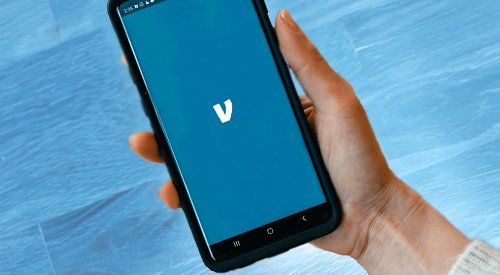Venmo Users – The Sky is Not Falling

A hot topic at holiday parties all over the country was whether all those Venmo, Quick Pay, and Zelle transactions were about to be taxed by Uncle Sam in 2022. The good news for most is that Section 9674 of the American Rescue Plan only applies to individuals who annually earn more than $600 in exchange for goods and services. So, if you are paying for half of the bar tab, electricity bill, or car insurance, neither the sender nor recipient should have anything to worry about. However, the third-party service may start asking more questions about your transactions to determine whether you should be receiving a Form 1099-K.
Where did this all start? Previously, if an individual had 200 or more business transactions that totaled at least $20,000.00, he/she would receive a 1099-K. However, likely due to the influx of gig workers, side hustlers, and a focus on local, less established, merchants, Congress decided that the threshold was too high and the United States was missing a taxing opportunity. In March of 2021, Congress passed the American Rescue Plan Act to provide additional relief in order to address the continued COVID-19 pandemic and the economy. Nestled inside of this 243-page document is Section 9674, titled the “Modification of exceptions for reporting of third party network transactions.” The section reduces the above threshold and requires third-party payment organizations to file a Form 1099-K with the IRS and send a copy to the payment recipient.
This new law went into effect on January 1, 2022, and therefore will have an impact on a taxpayer’s 2022 tax return filed in 2023. Individuals using these platforms for their commercial transactions should be prepared to receive a form 1099-K from these third-party payment organizations in January of 2023.
How will these organizations know which transactions are business or personal? Before, it was against most entities’ terms of service to use a personal account for business transactions, and doing so could result in account suspension or losing the payment. See Venmo’s current policy regarding receiving payments from commercial transactions on a personal profile. With the passage of the American Rescue Plan, it is likely these third-party companies will question some users on his/her transactions and take a more active role in self-governance.
If you have any questions about how this law, or any other law, can affect your business, please contact attorney Nicholas Dollenmaier at 847-705-7555 or via email at ndollenmaier@lavellelaw.com to discuss your situation. We offer free consultations (in-person or virtually).
More News & Resources
Lavelle Law News and Events












